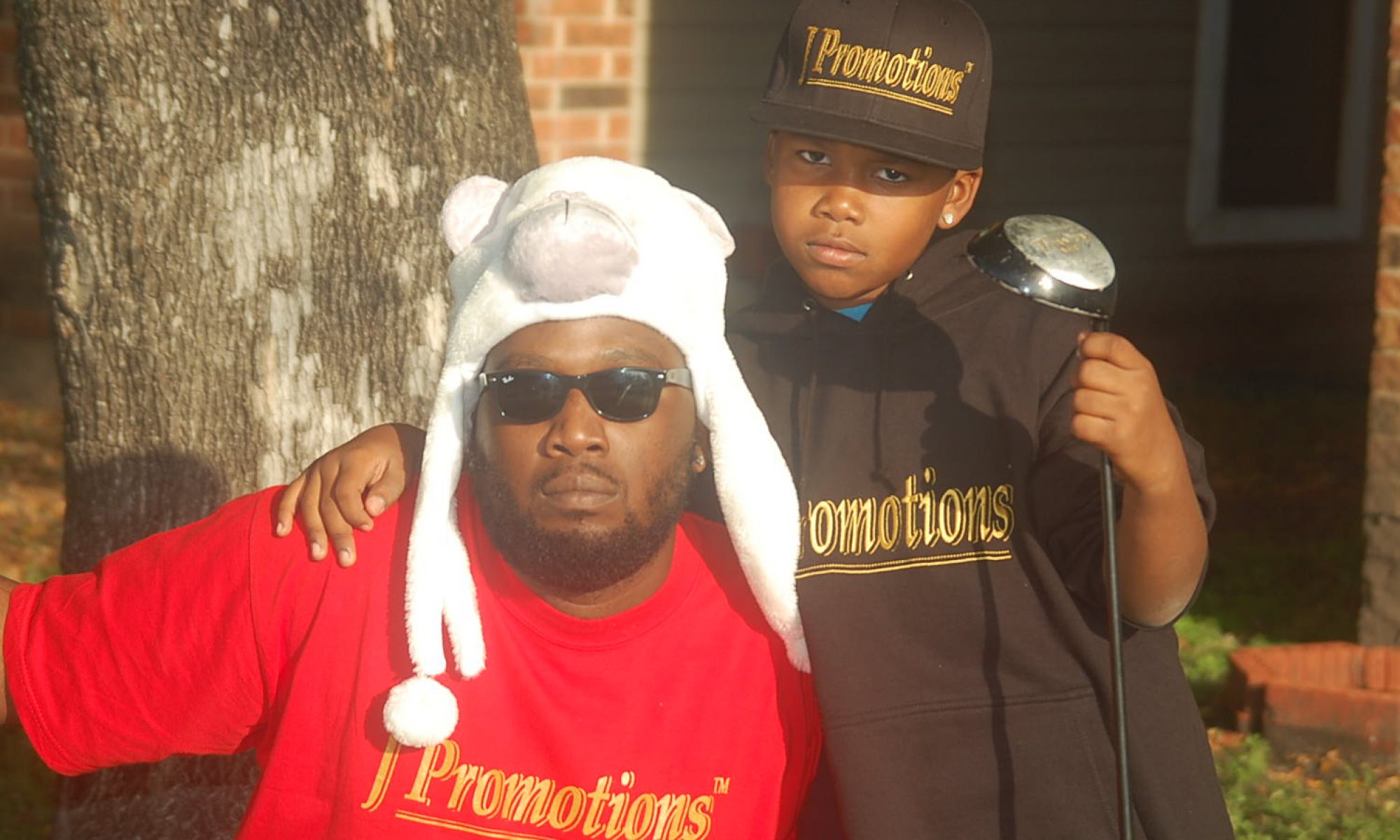“He was a normal kid growing up.”
That’s how Nicole Browder remembers her youngest brother Kalief. It’s been more than a year since 22-year-old Kalief, unable to move on from his torturous three-year ordeal at Rikers Island, took his own life, but his sister’s memories of him are as vivid as ever.
Nicole, who is featured in Spike TV’s upcoming docuseries “Time: The Kalief Browder Story,” opened up to The Huffington Post about the relationship she and her late brother shared before he was sent to jail. While Kalief, who was never actually convicted of the crime that would force him into a cell on Rikers, became emblematic of the United States’ flawed criminal justice system, to Nicole, he was just a normal kid from the Bronx. Her bond with her brother ― who was adopted into the Browder family, just like she was ― was a typical love-hate sibling relationship.
“He was the youngest, so we would pick on him,” Nicole said. But being the youngest had its perks too, she recalled.
“I remember he was really picky about his food [and] what he ate,” she said. “My mother would prepare him special meals… I would get jealous because he would eat Chinese food and we got to eat baloney sandwiches.”
She remembers that Kalief, who was a little small for his age, was sensitive. She remembers that he liked to pull pranks on her as he got older. She remembers his distinct, hearty laugh.
“It was so ugly!” Nicole giggled, while trying to mimic her brother’s throaty chuckle.
As a teenager, Kalief was just as “normal,” but would sometimes get in trouble over “silly things,” Nicole said. He was once arrested for taking a joyride in a bread delivery truck.
“His friends told him to do it. Peer pressure. And I thought it was hilarious [at the time], but it wasn’t hilarious because he got in a lot of trouble,” she said. That mistake would have serious implications for her brother shortly thereafter.
In 2010, 16-year-old Kalief was arrested for allegedly stealing a backpack, even though his accuser could not seem to get his story straight. Since Kalief was still on probation from the joyride incident, a judge ordered him to be detained unless his family could make the $3,000 bail. When his family couldn’t pay, he was sent over to Rikers Island Correctional Facility where he would stay awaiting trial for nearly three years, roughly two of which were spent in solitary confinement.
According to The New Yorker, a fight with another inmate spurred Kalief’s first experience in solitary, which lasted two weeks. He would be sent back several times during his stay at Rikers. While in “the bing,” as it was referred to among inmates, Kalief started to lose weight, faced verbal and physical abuse from officers and attempted suicide multiple times.
When the charges were dismissed and Kalief came home, Nicole realized that her brother wasn’t the same person who had entered the system at 16 years old. Although Kalief had enrolled in classes at Bronx Community College in an attempt to get his life back on track, things started to take a turn for the worse.
Nicole started to notice small tics that Kalief had picked up since his time in jail. She said he would pace around in a square, something his mother assumed he did to pass the time while in his cell at Rikers; he feared the feds were watching him; paranoia seeped into his interactions with his own family. She said he would pick fights with his mother, Venida, the one person who stood by him through the entire ordeal.
The night before he took his life, Kalief seemed to have lost all hope, Nicole said.
“One day he told my mom. ‘I can’t take it no more,’” Nicole said. The next day Venida Browder found her son hanging from a noose he had fashioned from ripped bed sheets, a technique he had learned and attempted several times during his time at Rikers, The New Yorker reported.
The Browder family’s $20 million wrongful lawsuit against New York City was put on hold when Kalief’s mother died in 2016, but Nicole believes true justice for her brother has little to do with monetary compensation.
“Justice to me … is when people start to admit when they are wrong. An apology. Something my mother died [for] and wanted,” she said.
Indeed, Nicole has a grave warning about the predatory criminal justice system:
“It needs to change, because you know what? You’re going to hear this story again if it [doesn’t] change.”
“Time: The Kalief Browder Story” airs on Spike TV March 1 at 10 p.m. ET/PT.
If you or someone you know needs help, call 1-800-273-8255 for the National
Suicide Prevention Lifeline. You can also text HELLO to 741-741 for free,
24-hour support from the Crisis Text Line. Outside of the U.S., please
visit the International Association for Suicide Prevention for a database
of resources.
— This feed and its contents are the property of The Huffington Post, and use is subject to our terms. It may be used for personal consumption, but may not be distributed on a website.
Source: HuffPost Black Voices
